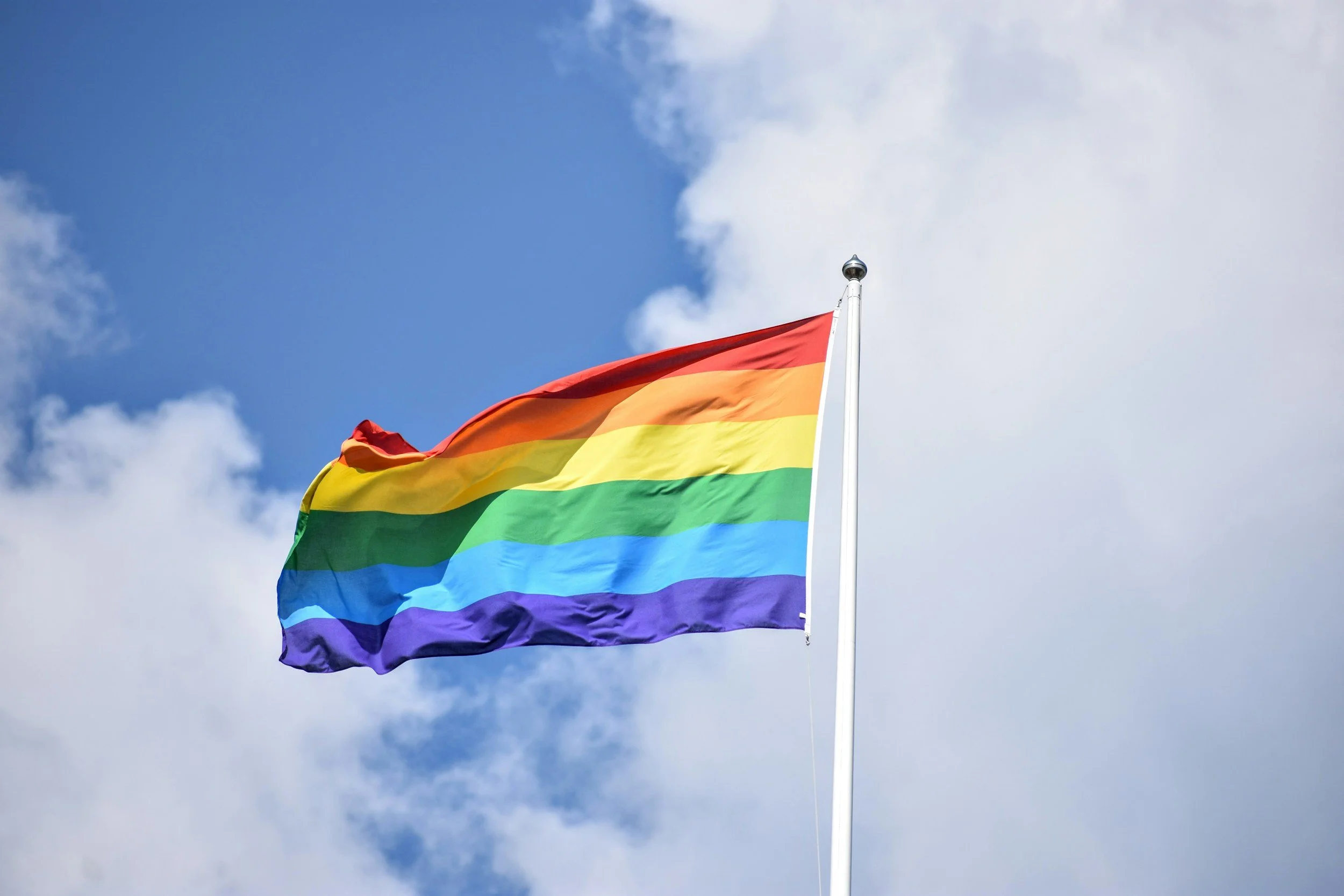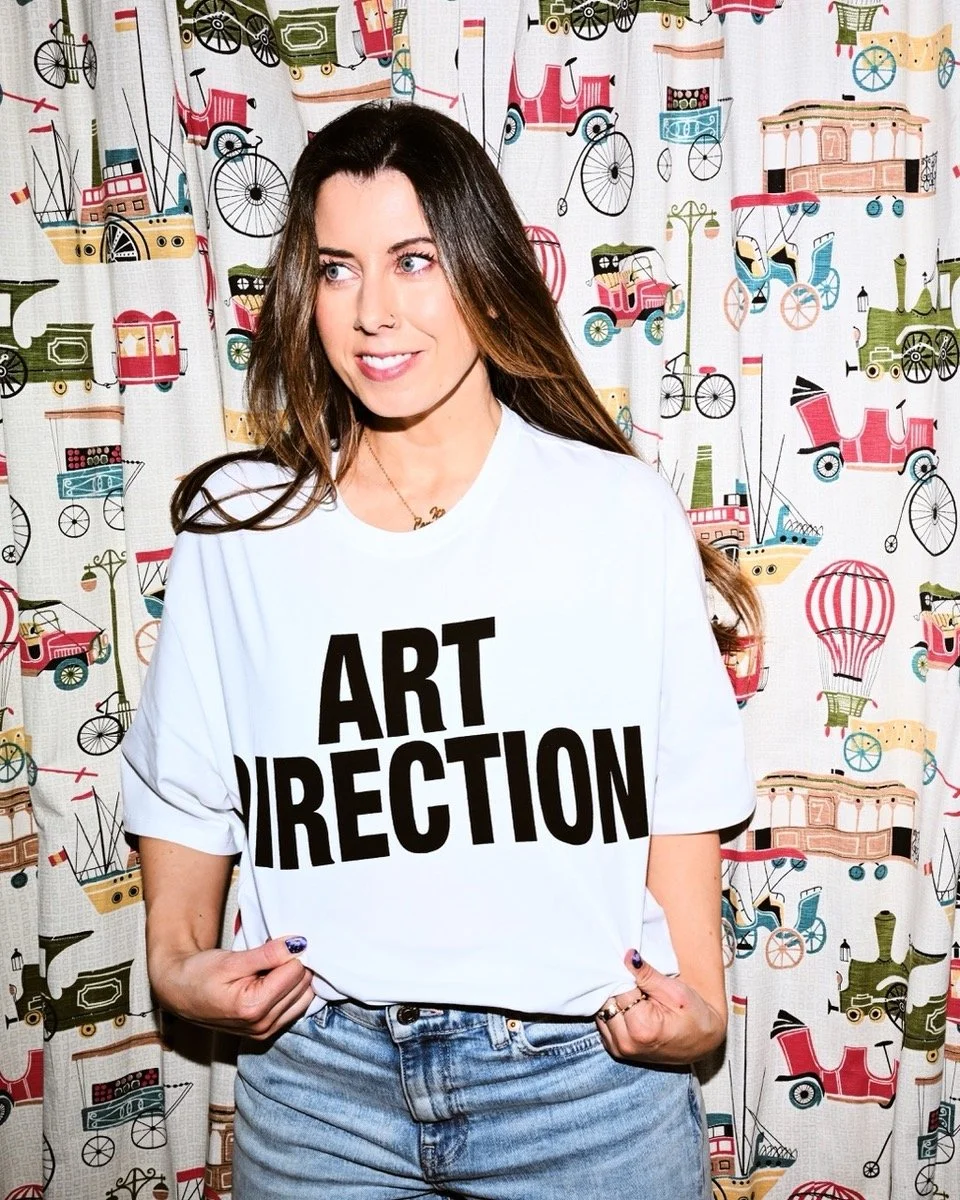Being Queer and Chronically Ill: Visibility, Rage, and Resilience
There’s something quietly exhausting about navigating a world that questions your validity at every turn. When you’re queer, people want you to prove it. When you’re chronically ill, people want you to prove that too. And when you’re both? Well, good luck trying to explain the nuance of your identity when you’re already battling to be taken seriously about your pain.
When Your Identity Isn’t Believed
I’m bisexual. I’m also in a straight-passing relationship. That means when most people see me and my partner, they assume I’m straight. I don’t face the same stigma as someone visibly queer - and that’s a privilege. But it’s also erasure. My identity doesn’t disappear just because it’s not on show. I still feel it deeply. It’s woven into how I see the world, how I relate to others, and how I connect with myself.
And then there’s the chronic illness bit. I live with a body that doesn’t always cooperate, one that leaves me tired, foggy, in pain, and often frustrated. There are days when simply functioning feels like a feat of endurance. If you’ve ever had to cancel plans for the fifth time in a row or sat in a doctor’s office explaining the same symptoms again, you’ll know the particular flavour of despair that comes with being disbelieved.
The Overlap No One Talks About
The intersection of queerness and chronic illness isn’t talked about enough. We’re often erased from queer spaces because we can’t show up in the ways people expect - no late nights out, no Pride marches, no high-energy visibility. We’re erased from medical spaces because we’re “too complex” or “too anxious” or “too young to be this ill.” We’re erased from society because we don’t fit the neat boxes it loves to tick.
That invisibility breeds rage. And honestly, I think rage is valid.
Rage at a healthcare system that sidelines disabled women and gender-diverse people. Rage at a world that doesn’t understand that bisexuality isn’t defined by your current relationship. Rage at the internalised shame that creeps in when you feel like you’re “not queer enough” or “too sick to count.”
Rage, Resilience, and Redefining Strength
But in that rage, there’s also resilience. A quiet kind. The kind that shows up every morning you get out of bed. In every moment you advocate for yourself. Every time you choose softness, joy, or honesty over silence.
Being queer and chronically ill means I’ve had to get really comfortable with uncertainty. It’s taught me to listen to my body. To unlearn what strength is supposed to look like. To reject the binary ideas of health and identity, and instead embrace the glorious, messy middle.
And maybe that’s what queerness and chronic illness have in common. They both ask you to live outside of the lines. To find community in the places you didn’t expect. To redefine what it means to be visible - and what it means to belong.
So if you’re like me - quietly queer, chronically ill, often tired but still full of fight - I see you. We might not always show up in the loudest ways. But we’re here. And we matter. Always.
_
Hana Ames is a professional content writer with hundreds of pieces of content under her belt. She is a cat and dog mama, a feminist, and a musical theatre fan, who enjoys cooking, playing board games and drinking cocktails. She has been writing professionally since 2018 and has a degree in English. Her website is www.hrawriting.com, and she is always interested in discussing exciting new projects to see how she can help your business grow. Catch her on Twitter @hrawriting, Instagram @hrawriting and Facebook: www.facebook.com/hrawriting




